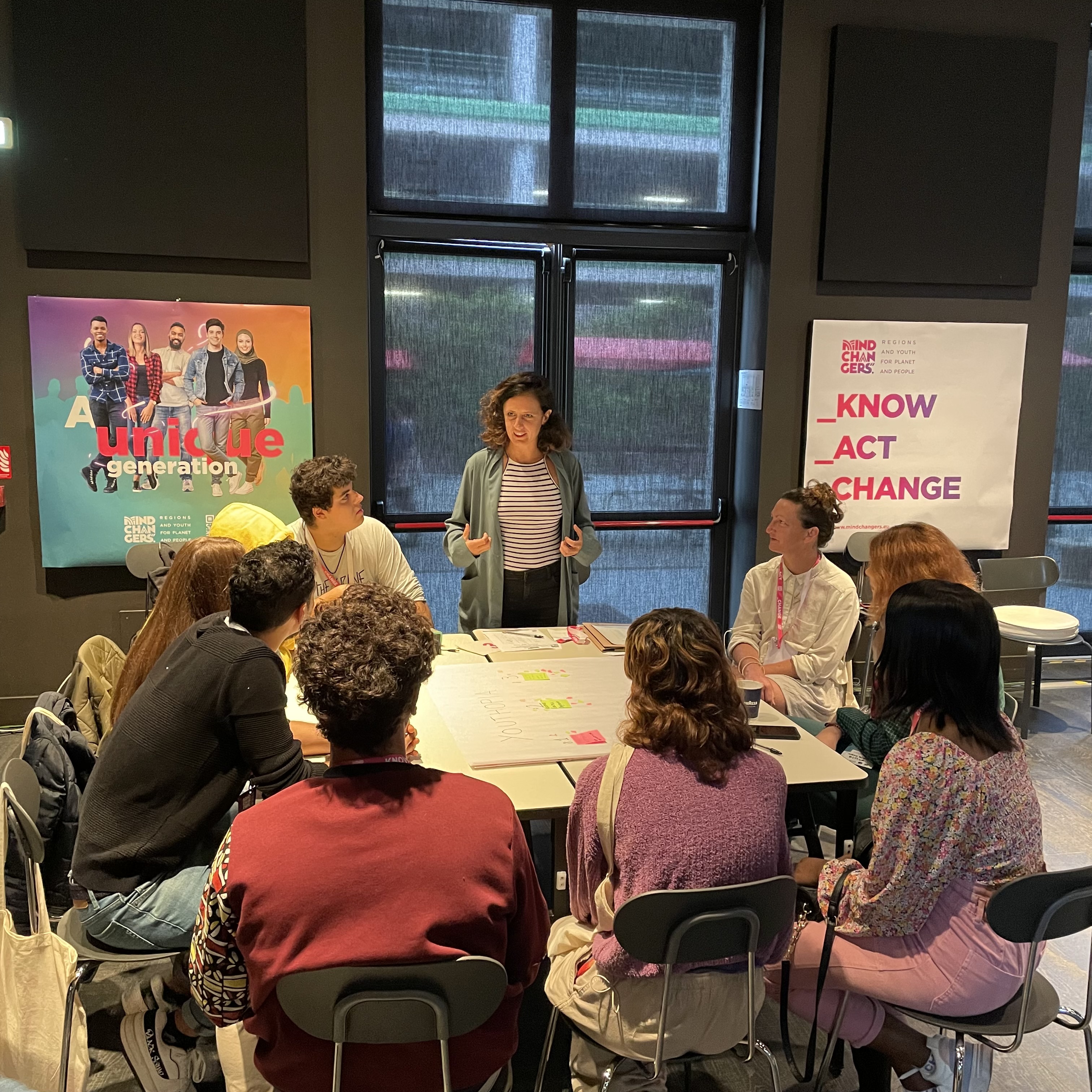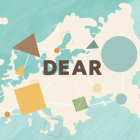#Mindchangers think global and act local
News details

“How can we promote peace, tolerance and solidarity when they are being challenged across the globe?” #Mindchanger coordinator from Torino (Italy) set the challenging context of any DEAR-funded project.
Encouraging local authorities and small civil society organisations to work together with young citizens, the EU DEAR project #Mindchangers built the capacities and funded 20 series of actions. In Brussels’ town hall on the Grande Place, young #Mindchangers from France, Germany, Italy, Romania, Spain showcased their results, campaigns, videos, manifestos, toolkits, produced over years of local and pan-European citizen actions.
A German local authority partner highlighted that the “Stuttgart Youth Manifesto”, which sets youth policy recommendations for European, national, and local decision-makers, was included in the school curriculum of the German Land of Baden-Württemberg. In Italy, a young EU DEAR #Mindchanger got elected as local councillor – thus transitioning directly from advocate to decision-maker.
A representative from a French partner CSO praised the impact of the DEAR Programme: “EU funding really increases capacities and networks of local authorities.” However, commenting on the need for financial support to undertake effective education and youth actions, one young practitioner added that “financial instability [in the civil society sector] also impacts our mental health.” She was among several participants who mentioned health and the risk of burn-out for activists of all ages.
Youth policies, participation, and education were core themes of the event. The youth representatives highlighted the value of DEAR projects in providing contacts with decision-makers, and called for more responsibility, trust, and resources given to young people, especially at national and local level.
A panel devoted to communication focussed on how young (and less young) people can be empowered to act for social and climate justice. All agreed that effective communication is the “lifeblood of activism” and highlighted the science behind the “transformative power of communication.”
The three speakers of the panel hailed from dramatically different backgrounds: 1) a Syrian former war journalist-turned refugee and student at SciencesPo-Lyon; 2) an Italian architect-turned computer science researcher and citizen journalist; and 3) a Belgian lawyer-turned Greenpeace activist for sustainable food, forest protection and the rights of indigenous communities in South America.
The Syrian #Mindchanger co-created a five-episode podcast on gender equality, “Genres de Vie”, with personal testimonies, insights from experts, and stories from associations. The Italian researcher helped create the civic social media platform “First Life”, to support #Mindchangers to report and identify peer activities and events to create synergies with. “Maps can help shape (visual) identities,” she highlighted. The Belgian ecological campaigner had led communication workshops for #Mindchangers. “Communication is a big family of tools and opportunities - and plants the seeds of change,” they all agreed.
One such set of tools are the “Stories of Change”. The Belgian campaigner described his most important communication take-aways: “We need more personal, local, and relatable stories of people directly affected by climate catastrophes and challenges, including our own, to mobilise others to make our lives and planet more sustainable.” But what type of stories inspire change, when there are human and even biological barriers and resistance to change? The professional communication advice: connect with common values and with empathy of different and shared experiences. “Attitudes are by-products of our experiences.”
The three speakers all described how their diverse communication tools sparked collaboration, passion and change - in many different and beautiful ways. The last call to the young audience was to find the courage to take those individual steps - that can lead to a snowball of civic mobilisation. To think of the courage of the Syrian panellist, who reported about the use of chemical weapons in Syria – at the age of sixteen.

Log in with your EU Login account to post or comment on the platform.